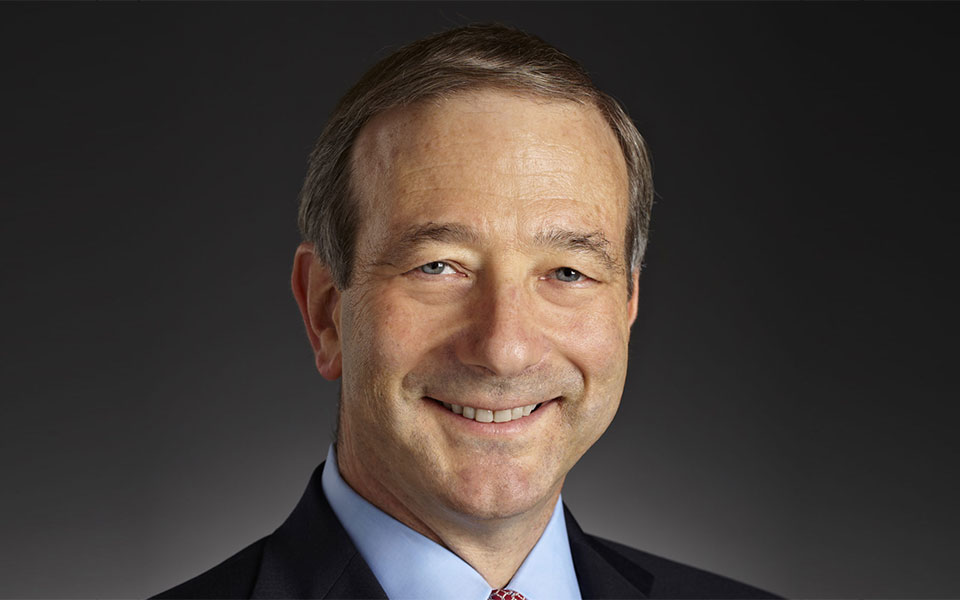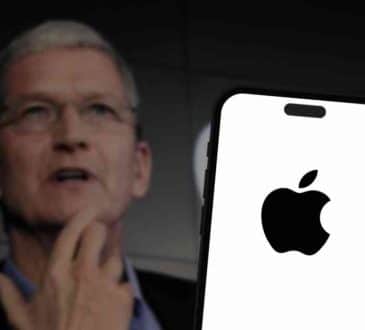Sweating the Small Stuff

Whenever I coach leaders on communication, I invariably recommend that they tell the end of the story first. The end of my story is: Think about the messages you give to your team and your organization through small, day-to-day actions; they are much more impactful than the big events and speeches.
The best CEOs I have known and worked with are both strategic and tactical. You can think years into the future but can also zoom in on a small financial detail that may have outsized implications. You may consider large-scale resource allocations, but you also weigh in on which individuals should be thought of as high potential.
Why do CEOs do that? Because you know that the small stuff adds up over time. If you aren’t attuned to these relatively minor indicators and metrics, they have a risk of becoming significant issues. This kind of conceptual agility is critical for CEOs to make sure their ship is heading in the right direction all the time.
Surprisingly often, however, in my practice CEOs do not pay attention to the small, day-to-day behaviors and non-verbal messages that roll up into what we call leadership. You will pay attention to the big things – investor conferences, all-hands meetings, strategy sessions. But you tend to ignore the little behaviors that you show multiple times a day that people consciously and unconsciously use to understand who you are. What do I mean by this?
- When you enter through a private elevator, eat-in an executive dining room, and have a bank of offices between you and the rest of the world, you convey that you do not connect with the people who work for you.
- If you know the name of the person who sits at the main reception, they will tell ten people how charming you are.
- When you multitask during meetings, you give the message that your needs are more important than theirs.
- If you walk down the hall and say hello to the people you see, you are saying loud and clear that you care about the people who work for you.
- When you need to confront underperformance or failures in your team, if you focus on the work that was wrong rather than the person that was wrong, you are telling them you know they can do better.
A CEO I worked with early in my career told me, “A great leader gives their people something to believe in, someone to believe in, and someone who believes in them.” How you look at, talk to, engage with, and respond to the people in your organization is how you tell them you believe in them.
The most important thing is to be intentional about the non-verbal messages you give to the people in your organization. When you present to investors, you are likely to be very mindful of your posture, expression, and voice. In your daily interactions, think about what messages you want to give to others. You may intend your message to be that you expect honesty and transparency. But if your tone of voice or posture suggests you resent their feedback, they will never tell you what you need to hear.
Most importantly, think about the message from their point of view. It doesn’t matter how inspiring your content is if what they are hearing from your body language is that you have disdain for the work they were doing.
How can you know? Remember you were once an early career individual contributor or first-time manager. Think about how you felt when a senior executive ignored you or publicly embarrassed you. Then think about how you felt when they recognized you or called you by your name. A colleague of mine recently told me about a CEO who, early in her career, had called her right before the winter holidays and personally thanked her for her work, and wished her a good holiday. Clearly, this made an impression that lasted more than 30 years.
You don’t have to get it exactly right. Just get it right enough that people understand that your respect them and they matter to you. It is these small things that make the difference between people who will work for you and people who will run through walls for you.
Written by Bill Berman.
Have you read?
# Best CEOs In the World Of 2022.
# TOP Citizenship by Investment Programs, 2022.
# Top Residence by Investment Programs, 2022.
# Global Passport Ranking, 2022.
# The World’s Richest People (Top 100 Billionaires, 2022).
Add CEOWORLD magazine to your Google News feed.
Follow CEOWORLD magazine headlines on: Google News, LinkedIn, Twitter, and Facebook.
Copyright 2024 The CEOWORLD magazine. All rights reserved. This material (and any extract from it) must not be copied, redistributed or placed on any website, without CEOWORLD magazine' prior written consent. For media queries, please contact: info@ceoworld.biz










